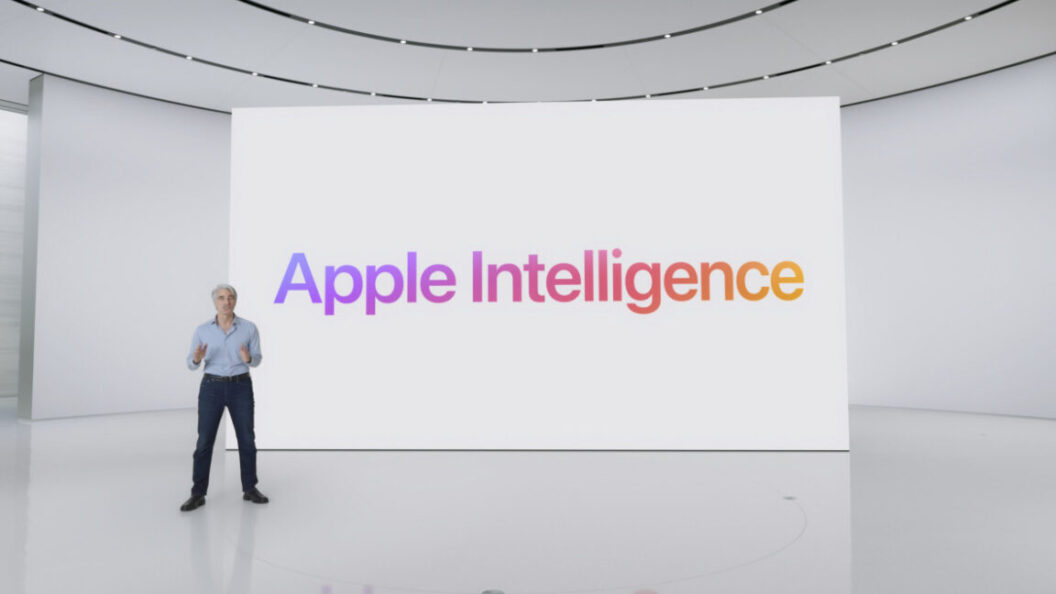Apple’s AI Notification Summaries: Insights and Controversies
Apple’s recent use of artificial intelligence to generate notification summaries is drawing scrutiny for its accuracy and potential pitfalls. While the integration of advanced technology aligns with the tech giant’s innovative ethos, it raises significant concerns regarding misinformation and user comprehension of AI capabilities.
Challenges of AI Summaries
As Apple implements language models (LLMs) for summarizing news in notifications, critics highlight the inherent flaws in such technology. Essentially, LLMs predict segments of text based on previous inputs, but they do not "understand" the content in a human-like manner. This predictive mechanism can lead to inaccuracies, with incorrect outputs appearing several times per 100 or 1,000 summaries produced. Although continual improvements may reduce error rates over time, it remains practically impossible to achieve zero inaccuracies—especially when millions of summaries are generated daily.
Risky Deployment at Scale
The unbridled deployment of this AI technology poses risks when users lack a comprehensive understanding of its limitations. Instances of misleading or incorrect summaries may lead consumers to form misguided conclusions based on faulty information. In the context of contemporary news consumption—where millions rely on these notifications for updates—any inaccuracy can spark confusion or even panic.
Notably, Apple’s recent rollout of its AI features appears rushed compared to the company’s historical commitment to quality and user experience. As concerns mount regarding the reliability of notifications provided by iPhones, experts call for greater user awareness about the technology’s shortcomings in generating accurate summaries.
User Education or Deactivation?
In light of these concerns, experts suggest that Apple faces a challenging decision: it could focus on helping users understand the drawbacks of its AI summaries, or it may need to consider disabling the feature altogether. Apple seems to be choosing the former, but effectively conveying the nuances of AI technology to a broad consumer base is inherently complex.
The expectation that everyday users would fully grasp the mechanics of AI summaries may be unrealistic. As the company navigates this landscape, ensuring that consumers appreciate the potential for inaccuracies will be crucial in maintaining trust in its services.
Impact on Information Consumption
The implications of this story highlight a larger societal issue surrounding the reliability of AI in media consumption. As platforms increasingly incorporate AI features, the potential for misinformation raises ethical questions about accountability and transparency. Projects like Google’s AI summaries in search results share similar risks, underscoring the need for diligent oversight and user education.
The ability of technology to enhance communication must be balanced with the responsibility to prevent spreading inaccuracies. If users are not well-informed about how these systems operate, they may inadvertently accept flawed information as truth—an outcome that could have profound consequences for public discourse.
Conclusion: The Road Ahead for Apple
As Apple moves forward with its AI notification summaries, the company must address the challenges associated with accuracy and user comprehension. The decision to educate consumers about the underlying technology and its limitations is essential in fostering a more informed user base.
While the integration of AI presents exciting opportunities for improving user experience, it simultaneously posits significant risks that must be carefully navigated. The importance of accuracy in media consumption cannot be overstated, as it is fundamentally linked to the public’s trust in information sources. As the landscape continues to evolve, both users and tech companies alike must remain vigilant in discerning the accuracy of the content delivered through increasingly complex AI systems.









